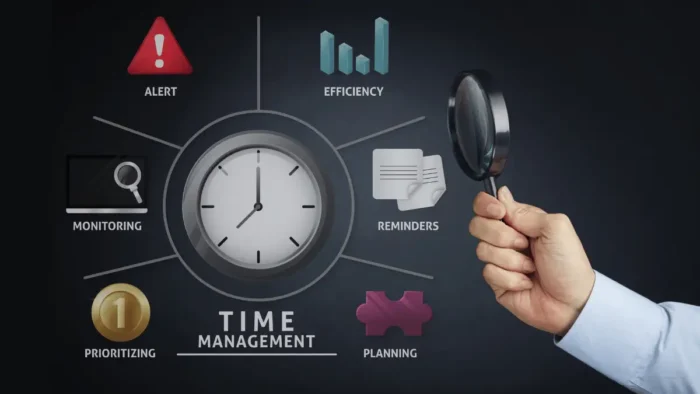By using the TMetric app, you can keep track of the hours spent on a task, the cost of a project as it progresses, and how much of your budget you have leftover to complete said project. If you manage multiple teams working on multiple projects at any one time, you may also notice that some are being more productive than others.
Whether it’s problems with the staff or the process itself, it’s important that you remove any obstacles so your team can be more efficient. Here are a few ways you can encourage your team to complete projects more efficiently.
Send out a survey
Staff morale can have a huge effect on the productivity of a team. The best and most efficient way to find out whether there are any problems within a team is to simply ask your colleagues what they consider to be their strengths and weaknesses. Although you might be tempted to ask them face to face, this approach often doesn’t provide the most accurate data to work off. Some employees might withhold information or opinions they think might upset management or cast themselves in a bad light.
Instead, conduct an employee engagement survey, as these can be anonymous and completed in a colleague’s own time. Also, respondents are more likely to divulge more information than they would in a meeting with management. Systems like the ones provided by inpulse.com can even help measure the emotional welfare of your staff by calculating the percentage of positive and negative results. Once you’ve completed a survey, look at the results, try to pick out any recurring concerns, and work on steps to remedy these. Once you’ve taken action to improve your team’s morale, conduct a similar survey to see how successful the changes have been.
Offer flexible working
As a manager, you might feel that it’s important for all your colleagues to clock on at the same time and go home at the same time. You may also think it’s necessary for them to come into the office so you can watch over them to make sure they are completing their work. Whilst this may be the case for some workers, research suggests that staff could be more productive working from their dining table back at home. Some of the benefits of working at home include less money and energy spent on commutes and more flexibility to deal with family needs. You could even allow your team members to work earlier or later in the day to fit in with when they feel they are the most productive. If you do decide to offer flexible working, it is important to continue the same level of supervision as if they were still in your office.
Discipline
Unfortunately, it may be the case that a team is slower because they have members that aren’t putting in as much effort as others. If this is the case, it’s important to recognize which members aren’t contributing to a group and discipline them, whether that’s with a warning or even the suspension or termination of their contract. While this may sound extreme, allowing them to continue to get away with performing poorly could make other employees believe they can get away with putting in less effort as well.



